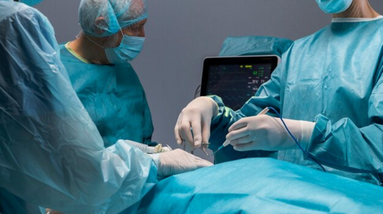
Prophylactic surgery is a type of surgical procedure that is performed to prevent the development of a disease or condition, especially in individuals who are at high risk for developing that disease or condition. The goal of prophylactic surgery is to reduce the likelihood of developing the condition and improve overall health outcomes.
Prophylactic surgery is often used for individuals who have a genetic predisposition to developing certain types of cancers, such as breast or ovarian cancer. In these cases, prophylactic surgery may involve the removal of the affected organ, such as the breasts or ovaries, before any cancer has developed. This can significantly reduce the risk of developing the disease and improve long-term health outcomes.
Prophylactic surgery may also be used to prevent other medical conditions, such as colon cancer in patients with a history of colon polyps. In these cases, the surgery may involve the removal of the affected tissue or organ to prevent the development of cancer.
The decision to perform prophylactic surgery is based on a number of factors, including the patient’s overall health and medical history, the stage and progression of the underlying condition, and the potential risks and benefits of the procedure. Prophylactic surgery can be a complex and challenging procedure, and may require a team of medical professionals with specialized training and expertise.
Overall, prophylactic surgery can be an important tool for preventing the development of certain medical conditions, especially in individuals who are at high risk for developing these conditions. By reducing the risk of disease, prophylactic surgery can improve overall health outcomes and quality of life.